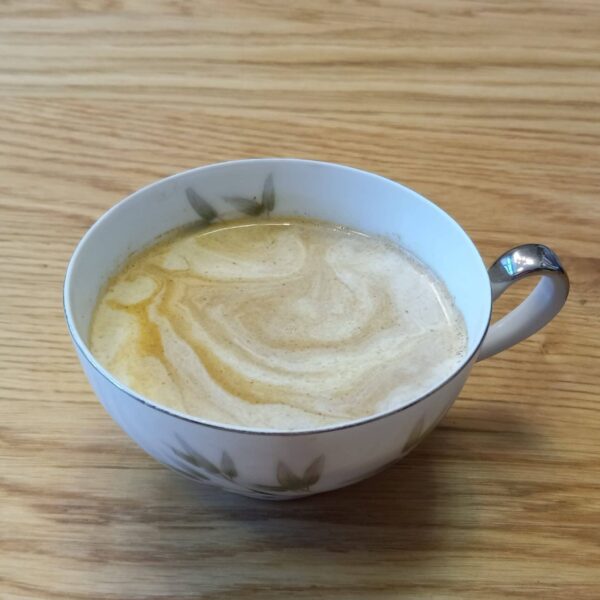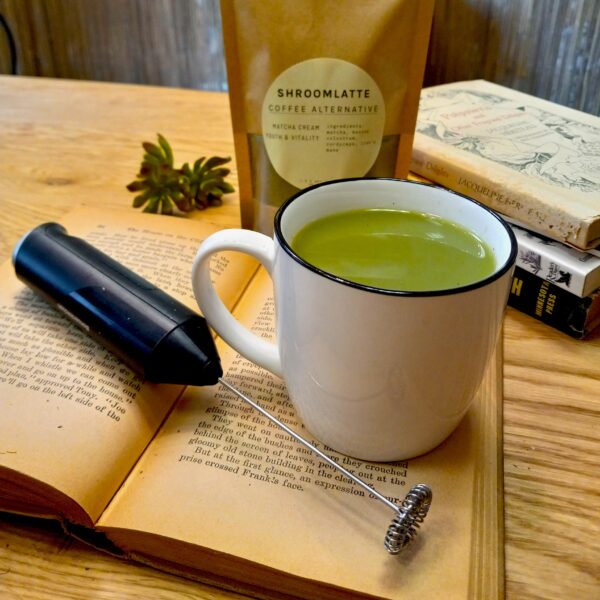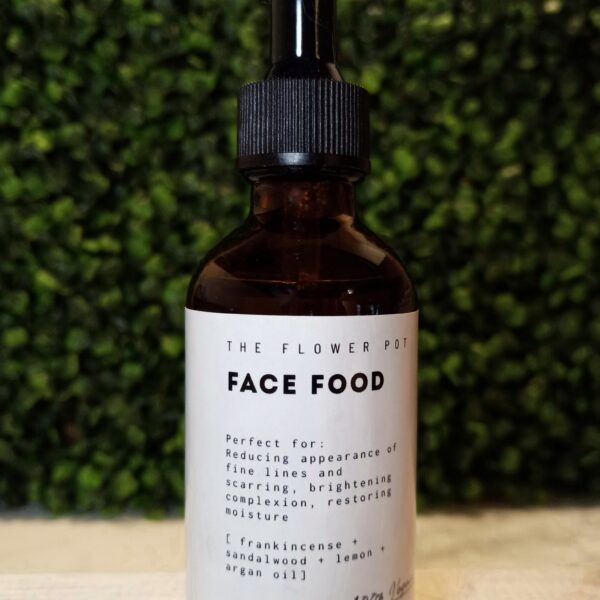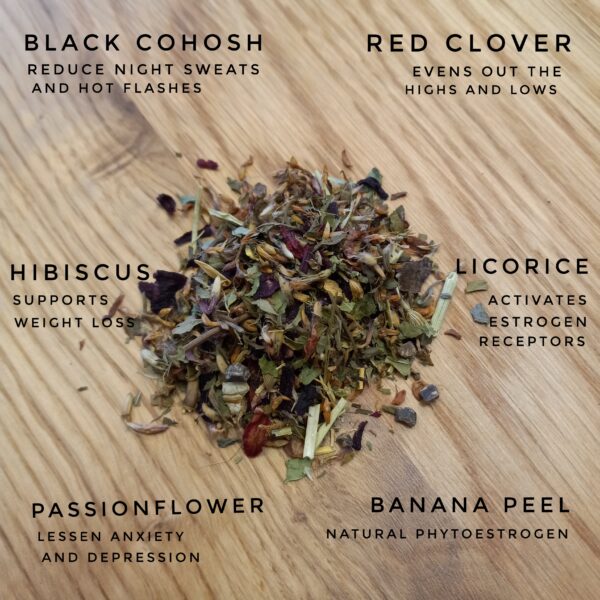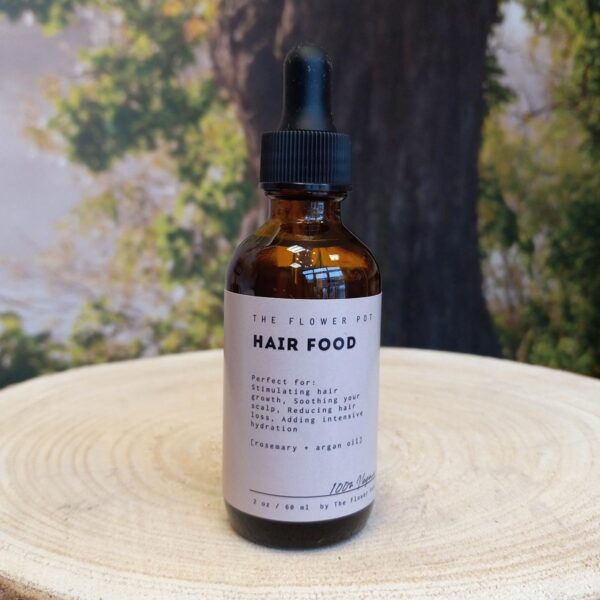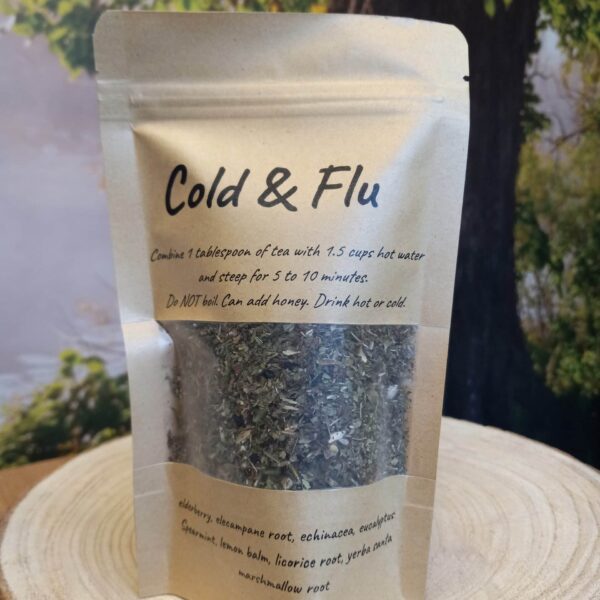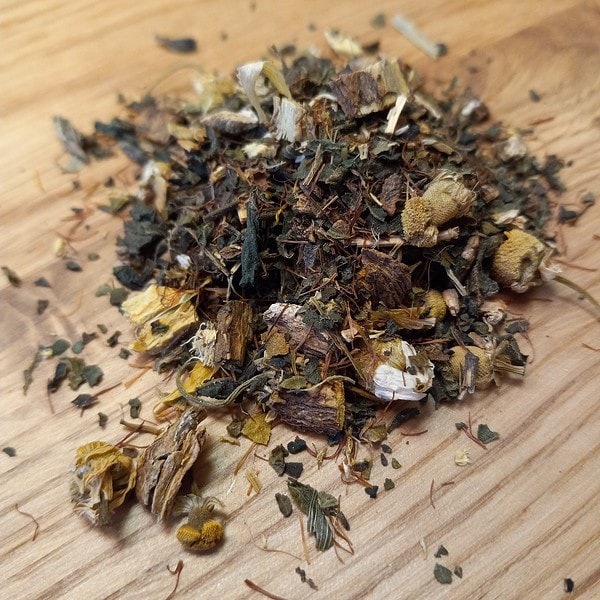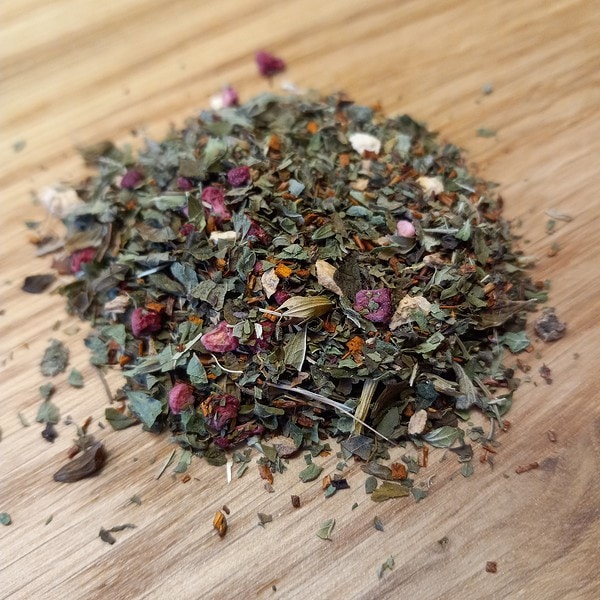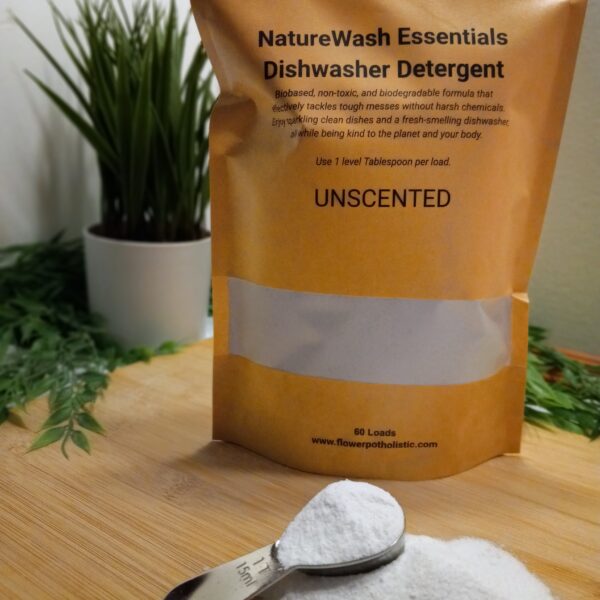When most folks hear “chicory,” their minds jump straight to coffee and while chicory root’s role as a coffee additive or substitute is probably its most famous claim to fame, there are some medicinal benefits in this plant.
We’ll start with the roots and seeds. Chicory was an herbal staple for tackling some pretty unglamorous problems—namely, intestinal parasites and worms. Mainly this was accomplished with a tincture made from the root.
The “coffee” made from chicory has been known to soothe an upset stomach and is way gentler on an ulcer than actual coffee.
The milky juice that runs through the plant is a lot like that of wild lettuce, which means it has some serious sedative and pain-relieving properties. When you’re trying to extract that good stuff, a tincture is your best bet to really get it all out.
The leaves and flowers have their own uses, too! The leaves are notoriously bitter, but you can tame that by blanching them—just cover with boiling water, let it sit for a moment, and then drain and rinse. The young leaves are a bit less bitter so if you can harvest them when the plant is young, that will work out better. The whole plant has these amazing hepatoprotective properties, which means it’s fantastic for supporting liver health. It’s like a little bodyguard for one of your hardest-working organs. Again, a tincture is the preferred method.
You can also make a facial wash with the leaves to help with acne, and even use a topical wash for athlete’s foot.
How to Grow and Harvest Your Own
Chicory (Cichorium intybus) is pretty tough. It’s a perennial that’s part of the dandelion family, and it loves to grow anywhere it can find a little sun. It’s not picky about soil and can be found growing happily in fields and along roadsides.
For the leaves, you’ll want to harvest them while they are young and tender, before the plant starts to send up its flowering stalk. This is when they’re the least bitter. The flowers are gorgeous blue and usually open in the morning and close by the afternoon. The best time to harvest the root is in the fall, after the plant has put all its energy back into the root for the winter. Just dig up the whole root, clean it well, and then you can roast it in the oven until it’s dark brown and aromatic, just like coffee beans. Then grind it up and store it in an airtight container.
Avoid chicory during pregnancy or if you are taking a beta-blocker medication.
Join Our Mailing List!
Sign up and be the first to know about specials, promotions and our latest articles on health and wellness.
Cara Schulz
Cara Schulz, a cancer survivor and green tea lover, has opened The Flower Pot, a holistic wellness shop in Burnsville that offers products ranging from medicinal teas and wellness tonics and herbal tinctures.


